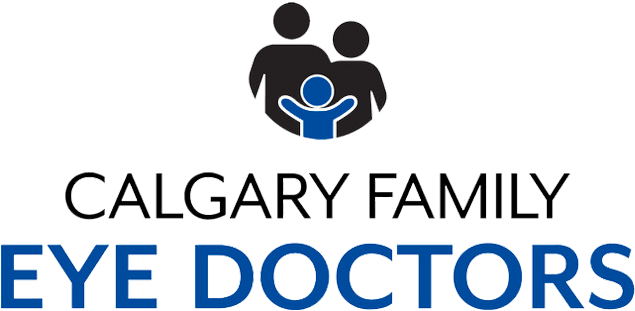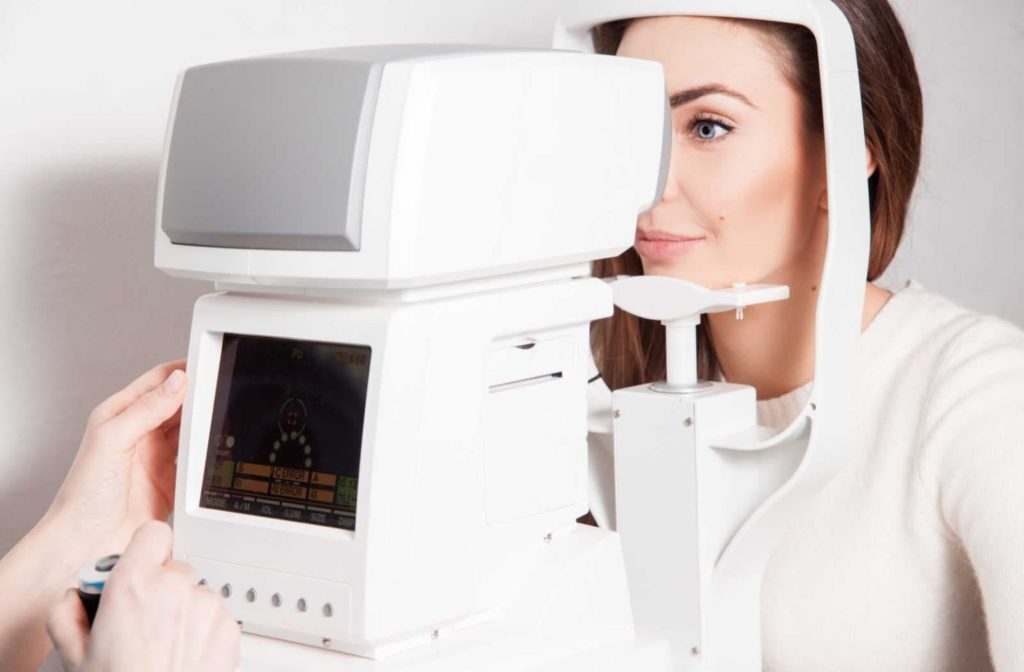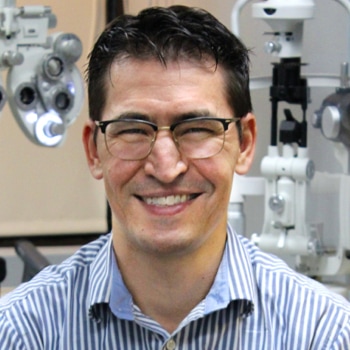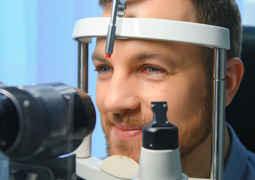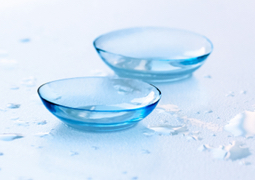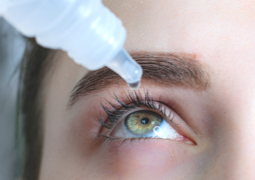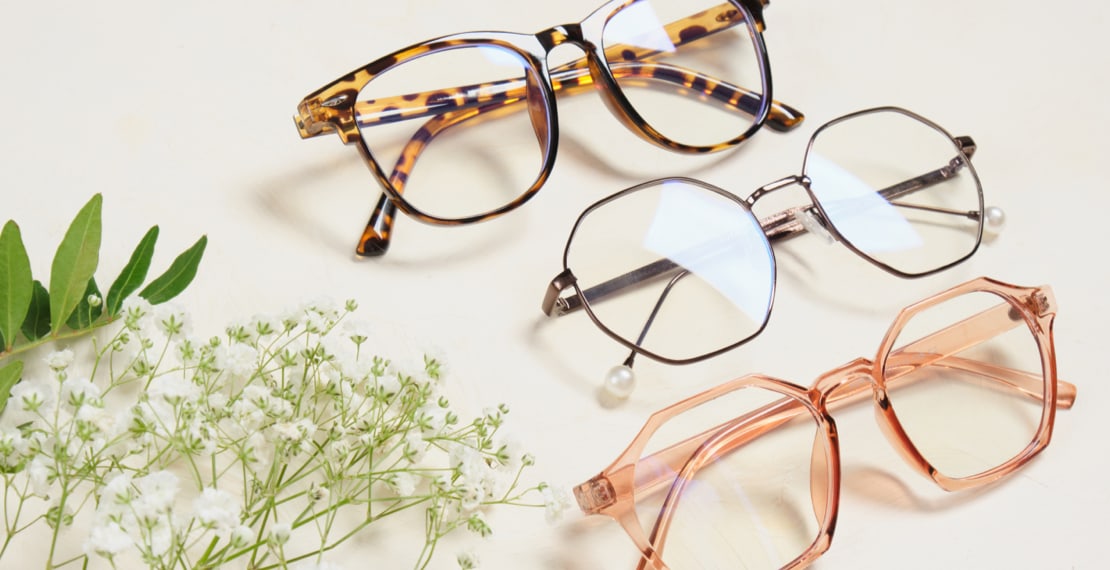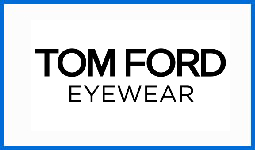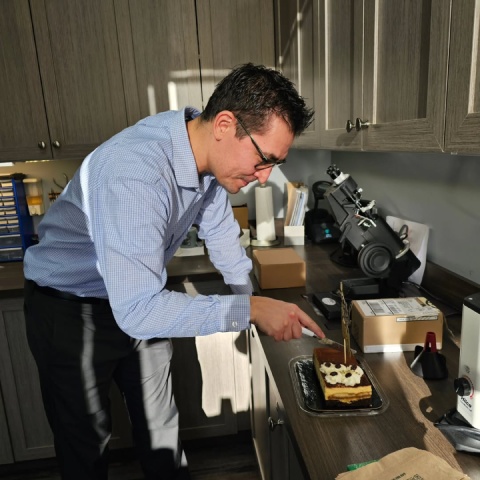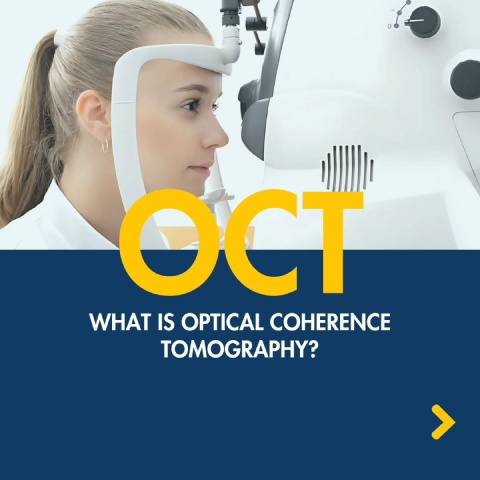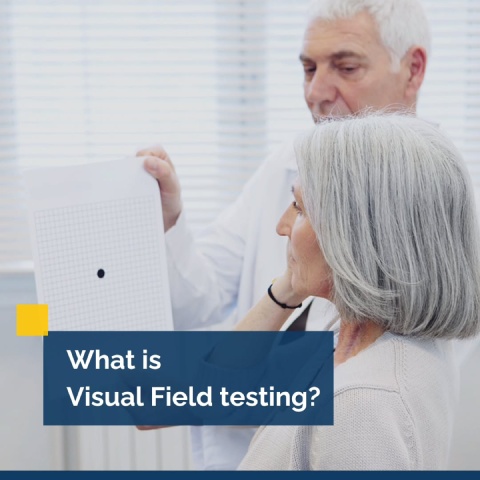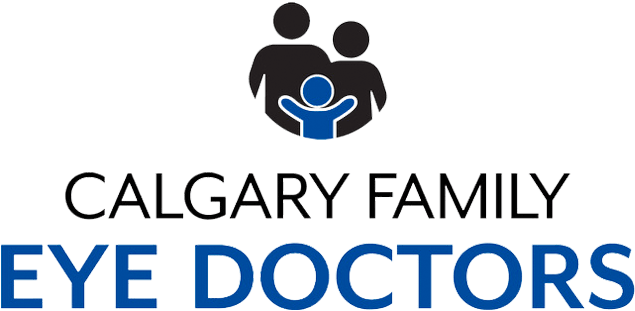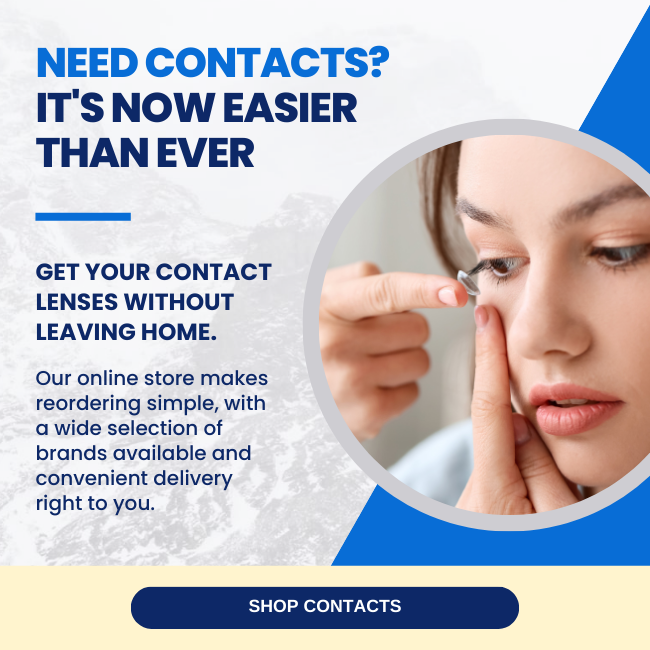High eye pressure is something your eye doctor will check during a comprehensive eye exam. It’s an important thing to keep an eye on because high eye pressure increases your risk of developing conditions like glaucoma.
Fluid buildup, eye trauma, medications, and eye conditions like glaucoma are all potential causes of high eye pressure. Typically, one of the keys to reducing it is treating the root cause. Ways to reduce high eye pressure can include:
- Topical or oral medications
- A balanced diet
- Staying active
- Reducing your caffeine intake
- Regularly visit your eye doctor
It’s important to remember that higher-than-normal pressure doesn’t guarantee severe problems.
If you have high eye pressure, your eye doctor may recommend increasing eye exam frequency to monitor it more closely. We believe that disease diagnosis and management start with comprehensive, preventative care. Keep reading to learn how you can care for your eyes in light of high eye pressure.
What Causes High Eye Pressure?
There isn’t one single cause for increased eye pressure, just like there isn’t a single cause for glaucoma. The fluid not draining from the eye is one of the primary causes of high eye pressure, but several things can cause the fluid to build up.
The eye’s aqueous humour naturally drains through a network of tubes in the eye. If an eye sustains an injury through an accident or surgery complication, the injury could cause an imbalance in how this fluid drains. Once this happens, the beginning stages of glaucoma could develop.
Although glaucoma may be the most common condition related to high eye pressure, it’s not the only one. For example, pseudoexfoliation syndrome is a separate age-related eye condition that also includes high eye pressure as a sign.
What Medications Cause High Eye Pressure?
Medication could also be the cause of high eye pressure. A condition called drug-induced glaucoma can occur with several different drugs, particularly corticosteroids. This is one reason why it’s important to let your eye doctor know about any medications you’re taking, even if you think they aren’t related to your eye health. If you’re at a higher risk for problems with eye pressure, they could recommend that you see your doctor to discuss alternative medications.
Risk Factors
There aren’t typically any symptoms that accompany high eye pressure, which is why regular visits to the eye doctor are important. They may recommend more frequent visits based on your risk factors. Previous eye injuries, family history, and age are all things that could affect your risk.
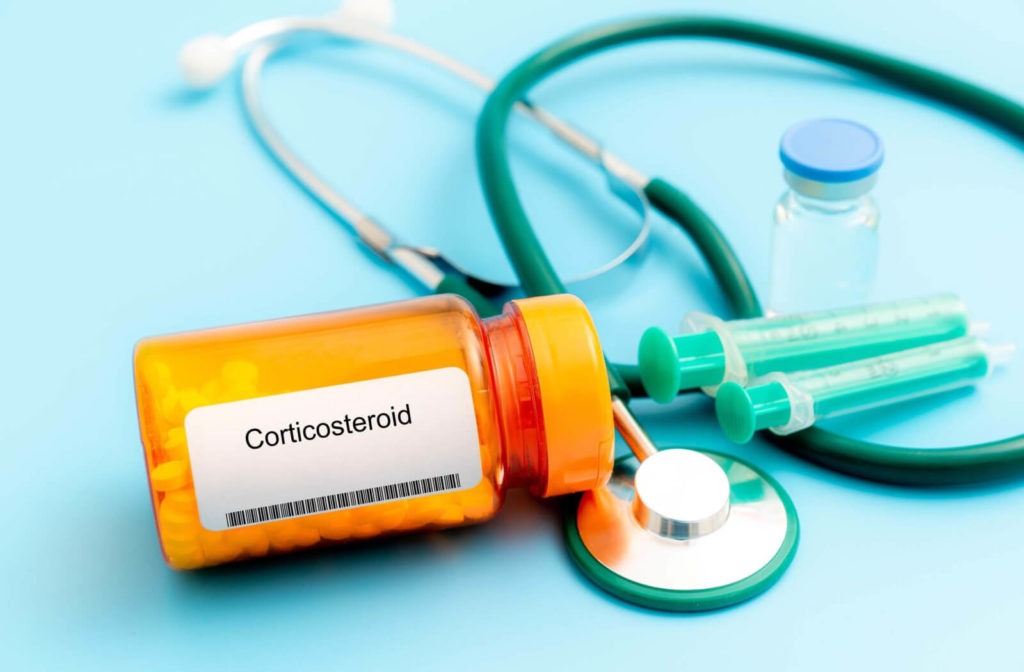
How to Reduce Eye Pressure
There are various ways to reduce high eye pressure, depending on the cause. Topical or oral medications are typically the first line of treatment to prevent optic nerve damage from increased pressure.
Your eye doctor will likely want to see you for several follow-up visits to ensure your eye pressure is coming down to safe levels. Laser or surgical procedures aren’t typically recommended for high eye pressure because the potential risks outweigh the risks of high eye pressure in many cases.
How to Relieve Eye Pressure at Home
It’s unlikely for you to know you have high eye pressure without an eye doctor diagnosing it. Whether or not you’re aware of your eye pressure, there are things you can do throughout life to support optimal eye health.
Adhering to the lifestyle and home remedy recommendations for glaucoma management is a great place to start. The point of each of these recommendations is to assist your body in keeping your eye pressure normal. Some of these recommendations include:
- A healthy, balanced diet: There is plenty of evidence that supports the connection between healthy eating and healthy living. Our eyes are no different; Vitamins C, E, and A, zinc, copper, and selenium are all essential nutrients for eye health.
- Careful exercise: It’s important to stay active, but if you’re at an increased risk for high eye pressure, some exercises may increase that risk further. Discuss your exercise plans with your eye doctor to make a plan.
- Less caffeine: Caffeine could increase eye pressure, so consume it in moderation.
- Visit the eye doctor: One of the most important things you can do for your eye health is see your optometrist, as the Canadian Association of Optometrists recommends. Also, ensure you take all medications or eye drops as directed.
Potential Results of High Eye Pressure
Glaucoma typically results from optic nerve damage due to high eye pressure. Abnormal eye pressure is a leading cause of the condition. One of the primary reasons that this is dangerous is because glaucoma can develop without symptoms for many years. Regular eye exams can help you detect and manage the risks of glaucoma.
Discuss Your Eye Pressure at Your Next Exam
Don’t leave your eye health up to chance. Testing eye pressure is a fairly common part of a comprehensive eye exam. If you’re wondering about your eye pressure, you can always ask your optometrist.
When you’re due for your next exam, reach out to us and book your next exam. The professional Calgary Family Eye Doctors team is happy to answer your questions and ensure you get the eye care you need.
